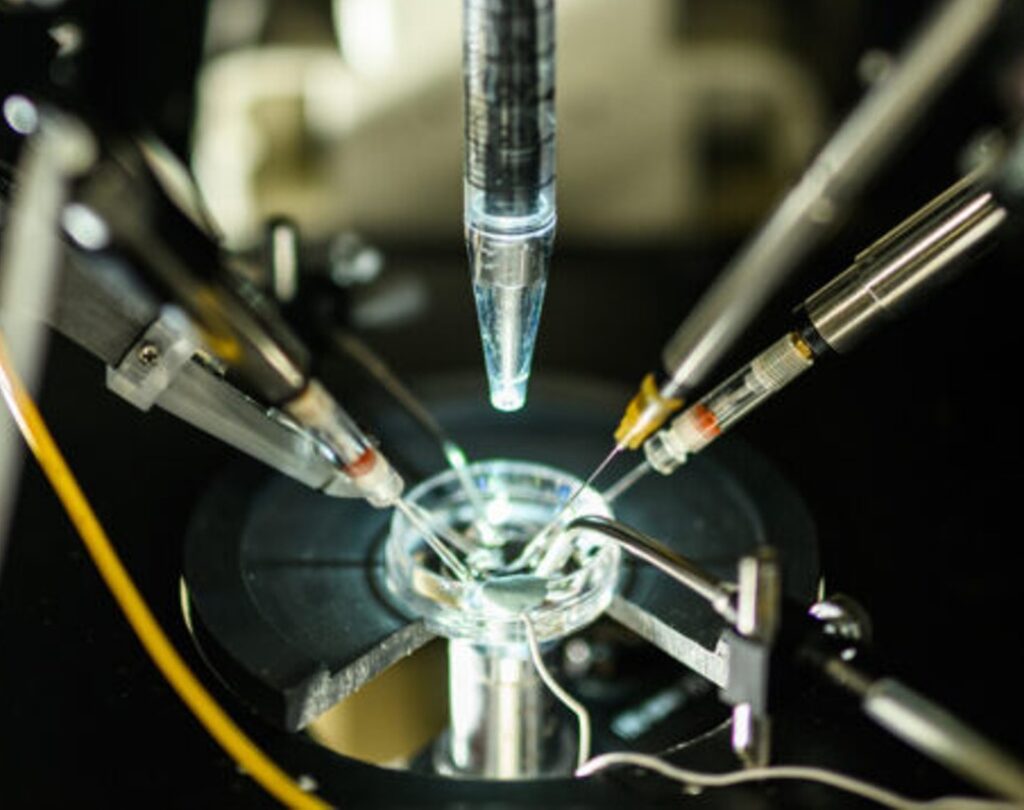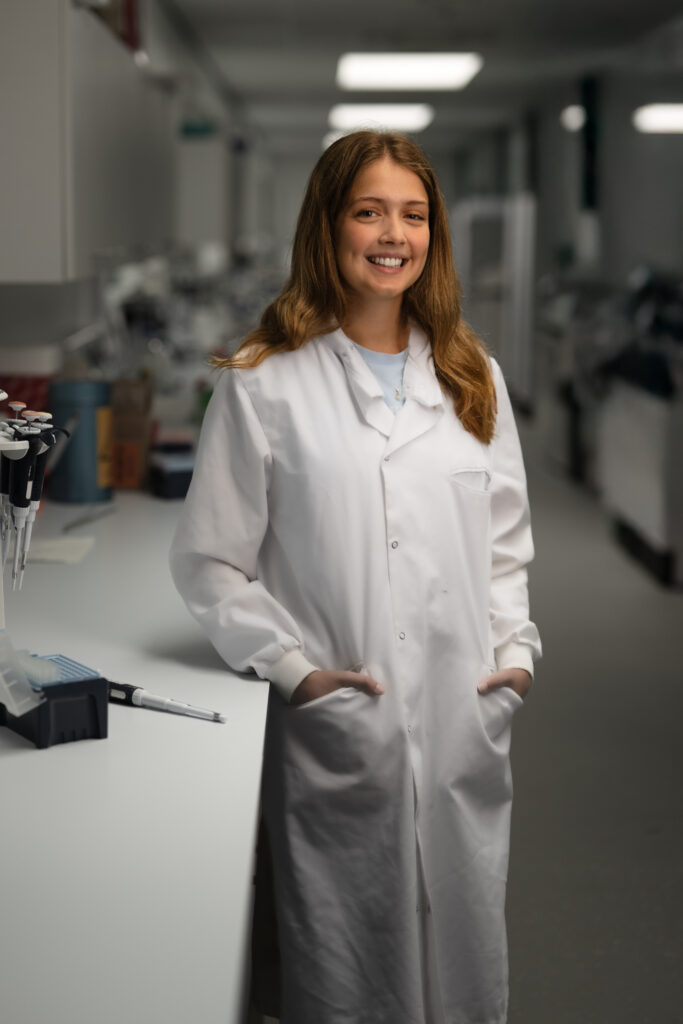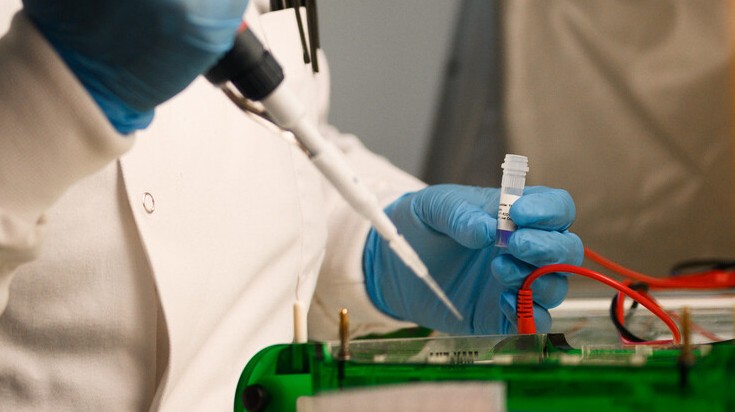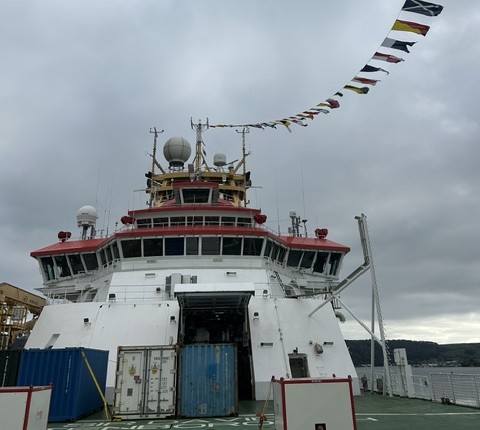Evolution of
Early Branching Metazoans
Research Lead – Dr Venky Modepalli
Currently, our perception of animals is highly biased to bilaterians (all bilaterally symmetrical animals including eg insects and vertebrates). To gain a broader perspective on the evolution of animals, we must look into a more comprehensive range of extant species, such as non-bilaterian animals. Non-bilaterian animals, including sponges, comb jellies, placozoans and cnidarians (corals, sea anemones and jellyfish), represent early evolutionary forms of animal life that diverged more than 600 million years ago from other animal groups.
Comparative studies with these animals provide insights into the early evolution of gene regulation mechanisms necessary for developing complex multicellular animals. At the MBA, we culture a range of non-bilaterian animals to investigate some of the fundamental evolution topics in animals, including the origin of neurons, larval sensory system and small RNA biogenesis in non-bilaterian animals
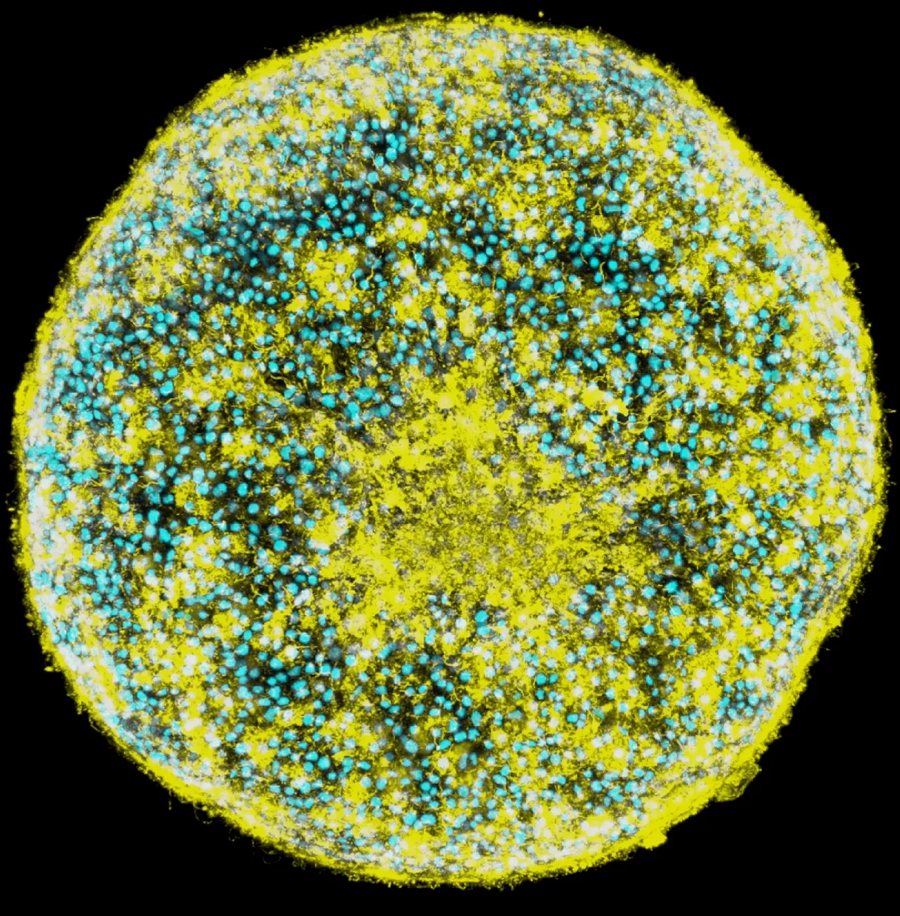
Our Research Impacts
Molecular and cellular architecture of the larval sensory organ
The apical organ is a neurosensory structure engaged in sensing environmental cues to modulate swimming behaviour and metamorphosis of ciliated planktonic larvae of marine invertebrates. The evolutionary success of the planktonic larvae can be attributed to the apical sensory organ featured with neurons, which allows integrating multiple sensory inputs to produce global responses. Our study revealed molecular and cellular complexity of the sensory system of a morphologically simple sea anemone larva with a phylogenetic position key for understanding the evolution of nervous system. In the long term, our discoveries of mechanisms regulating the life cycle of marine invertebrates will assist in conservation of coastal marine ecosystems.
Regeneration in sponge Sycon ciliatum mimics postlarval development
A long-standing question in the field of regeneration is whether and to what degree regeneration recapitulates embryonic developmental pathways. Somatic cells dissociated from an adult sponge have the unique ability to reaggregate and fully reconstitute into a functional sponge. This makes the sponge a unique model system for understanding the molecular and evolutionary underpinnings of regeneration. We demonstrated that dissociated sponge cells progressed through a series of morphological and cellular events that vastly overlapped with embryonic and postlarval development. Suggest that sponge regeneration represents somatic or non-zygotic development. Our findings shed new light on the key biological properties that are crucial to understanding the evolution of animal regeneration and Evo-devo.
Key Publications
Latest News
Our Team
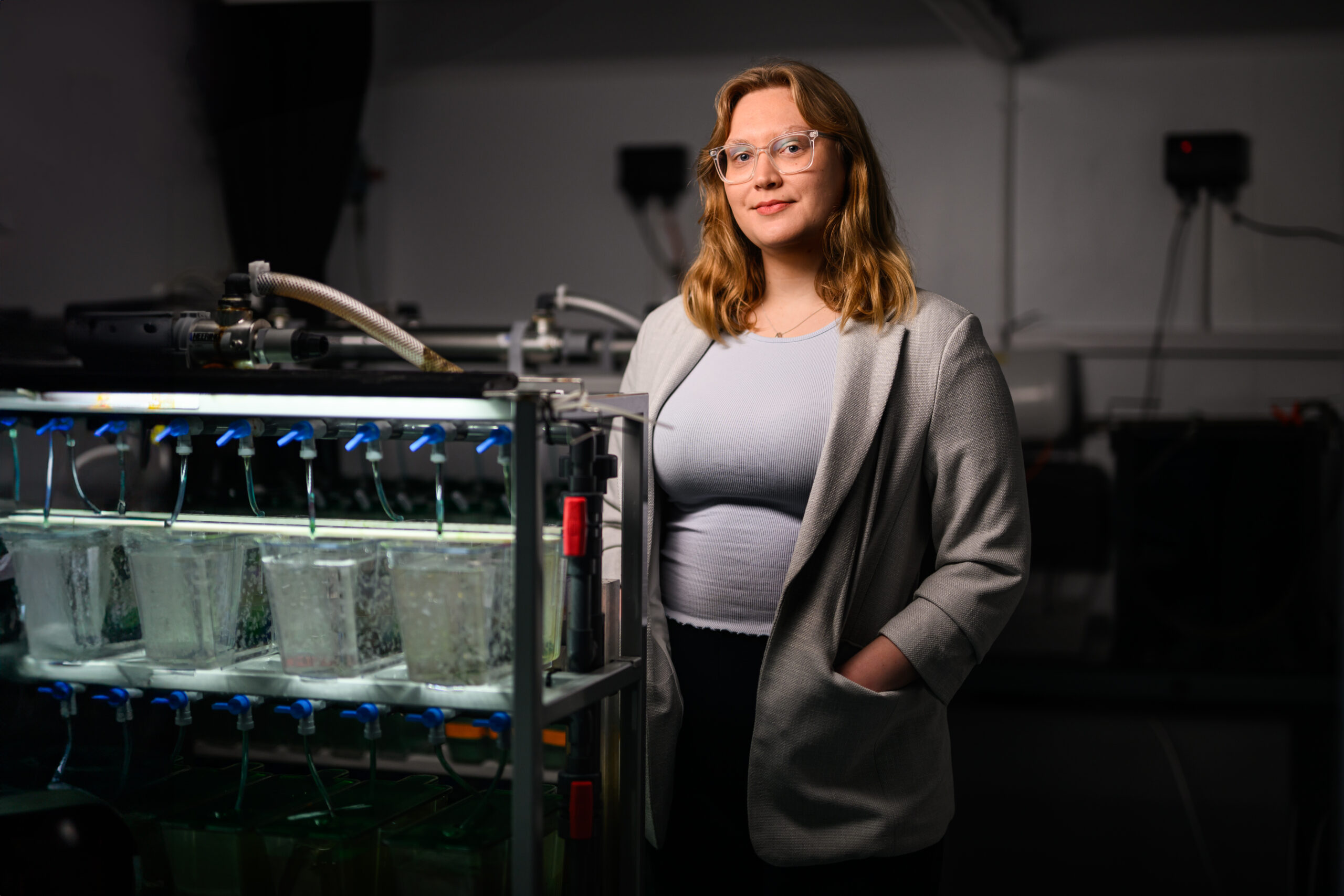
Sophie den Hartog MSc
PhD Student
Sophie den Hartog MSc
PhD Student

sophar@mba.ac.uk
My PhD research aims to elucidate the sensory systems guiding marine invertebrate larval settlement. Specifically, the apical organ which acts as a chemo- and mechano-sensory structure and is thought to play a crucial role in larval settlement and metamorphosis. Thereby also shaping benthic communities. I am particularly interested in Cnidarians (anemones, jellyfish & coral) and Bilaterians (primarily marine worms). As well as showing an incredible diversity in body plan and life-cycle strategies, these sister groups may be key in providing insight into the evolutionary history of the apical organ.
In my free time I enjoy art and design, which influences my research in that I am continuously exploring new ways to visualise and communicate scientific data. For example, as part of my PhD research I am describing the sensory structures in marine larvae through the use of various bioimaging techniques, such as electron microscopy and in situ hybridization.
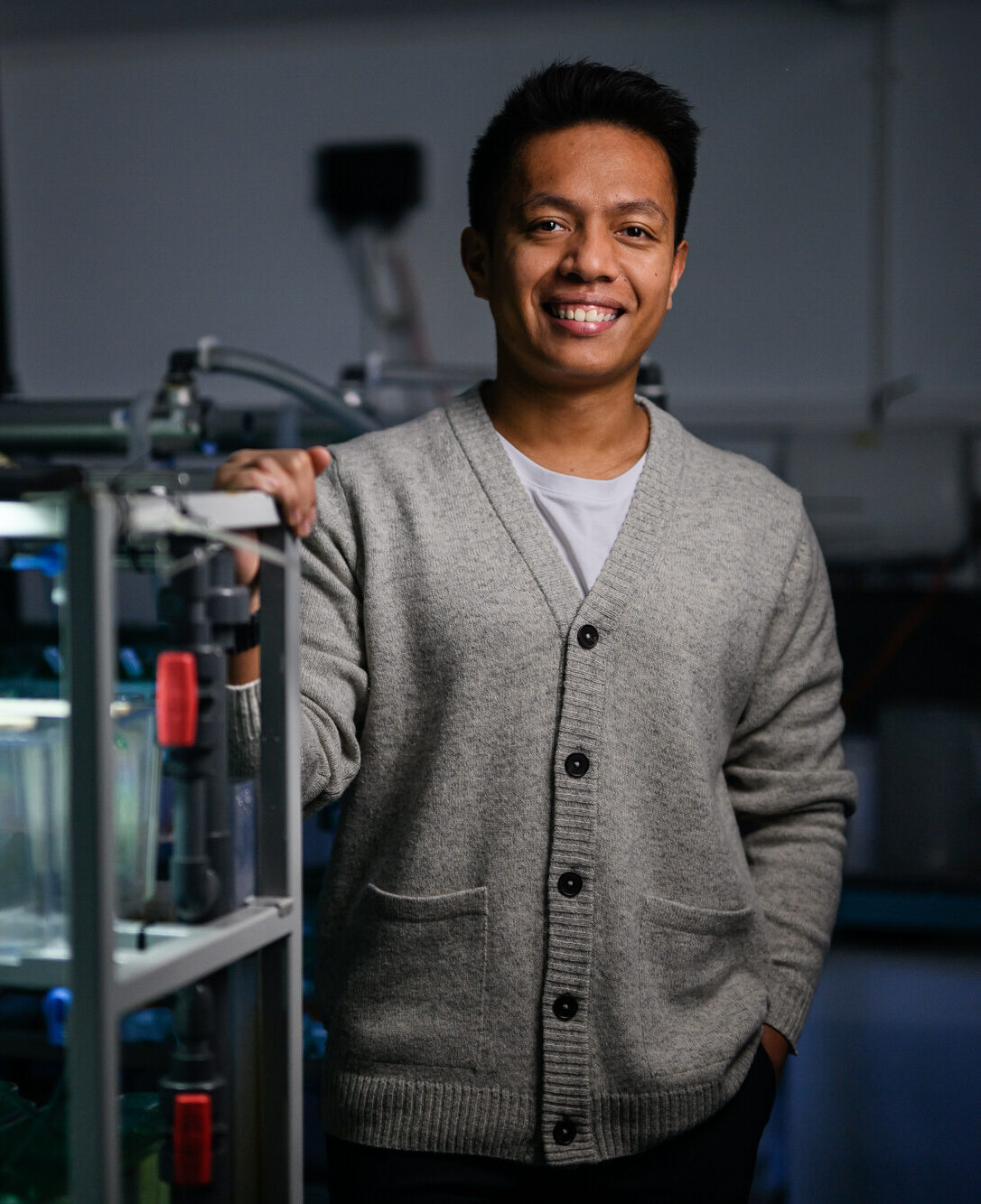
Imran Luqman Muhammad Hatta BSc, MSc
PhD Student
Imran Luqman Muhammad Hatta BSc, MSc
PhD Student
I specialise in evolutionary developmental biology (Evo-Devo), focusing on early life stages of marine invertebrates. I combine techniques from the fields of molecular biology and bioinformatics to create new theories and approve/disprove existing assumptions regarding the evolutionary history and relationships of various animals.
I graduated with a Bachelor’s degree in Marine Biology from Universiti Malaysia Terengganu and pursued a MSc at Queen Mary University of London (QMUL). Prior to starting the MSc, I underwent a 3-month internship at the Nikolai-Pertsov White Sea Biological Station in Russia. There, I dipped my toes into Evo-Devo by analysing the development of the marine annelid Galathowenia oculata using immunohistochemical and advanced microscopy techniques. At QMUL, I joined the Martin-Duran Lab where I took a deeper dive into the field by studying the gene regulatory networks of body axis regulation of another marine annelid, Owenia fusiformis.
With a clear aspiration towards Evo-Devo, I’m honoured to be sponsored by the BBSRC-UKRI and Marine Biological Association (MBA) to undertake a PhD with Drs Vengamanaidu Modepalli (MBA) and Elizabeth Williams (University of Exeter).
Fun fact about me: I love open water swimming; what better place to spend the next few years in than at a marine research institute!
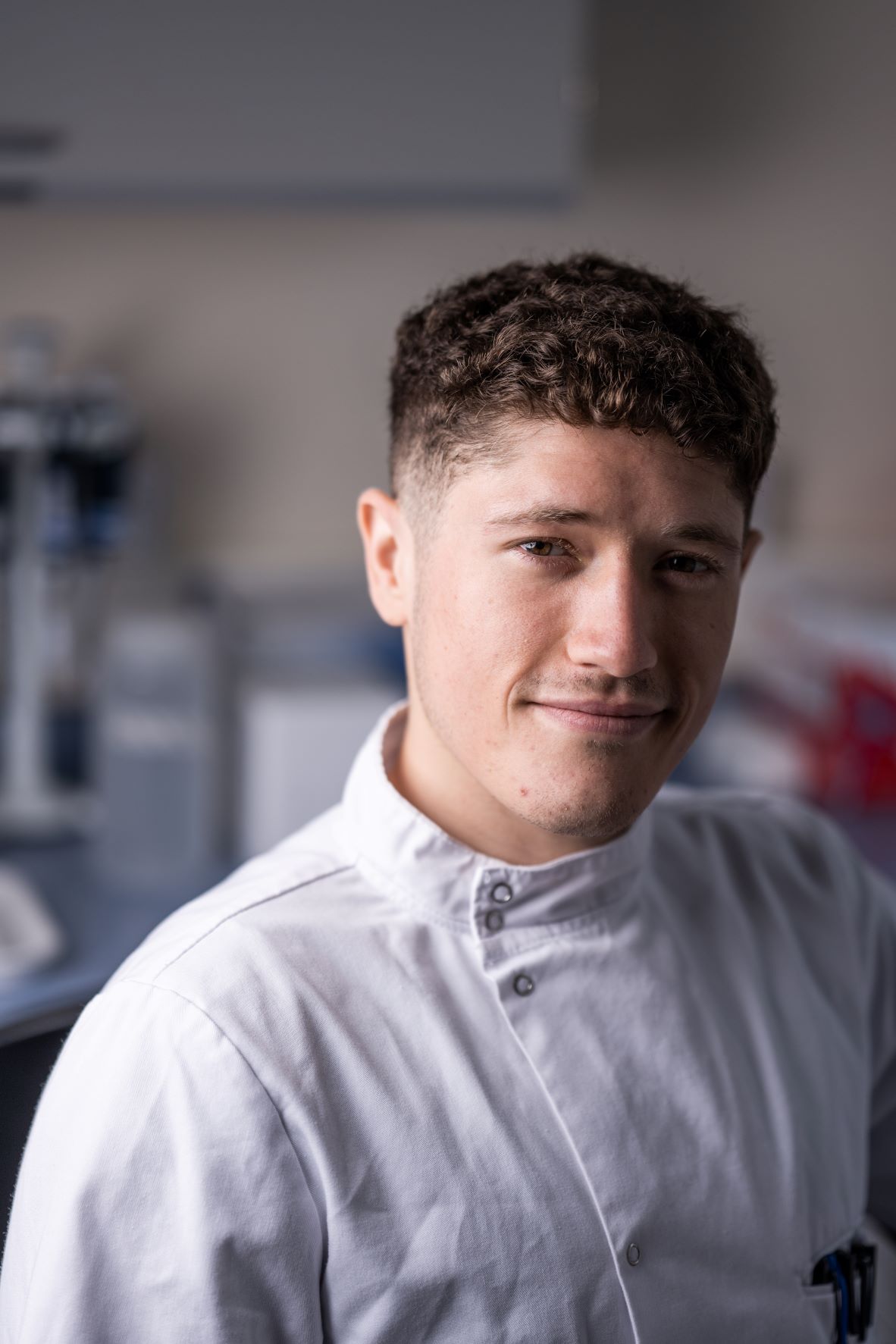
Yousef Touhami
Research Technician
Yousef Touhami
Research Technician

youtou@mba.ac.uk
In my role as a cell and molecular Research Technician, I am working with teams researching marine fungi, phytoplankton and the evolution of early-branching animals. I am particularly experienced at using cell culture based approaches and molecular techniques to investigate biological questions. Furthermore, I am responsible for the MBA’s Marine Fungal Culture Collection.
I have a Bachelor of Science in marine biology and Master of Research in applied marine science from the University of Plymouth.
My undergraduate honours project examined whether differences in immune response between genotypes could influence population dynamics in a Mytilus spp. hybrid zone.
My masters thesis focused on investigating temporal variation in growth and condition of juvenile turbot, Scophthalmus maximus, in nursery habitats around the south west UK.
